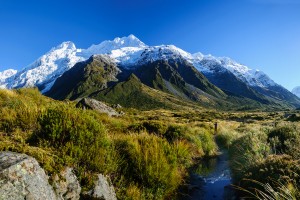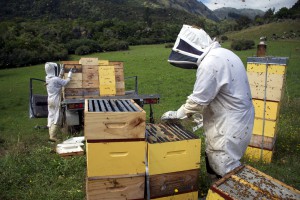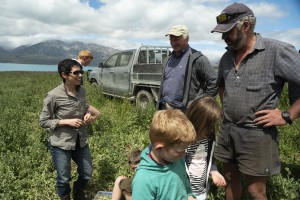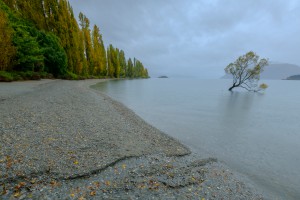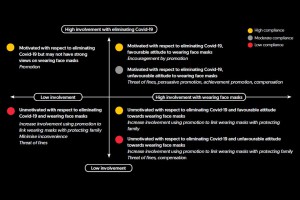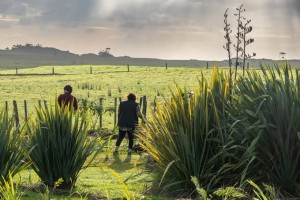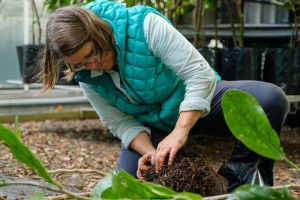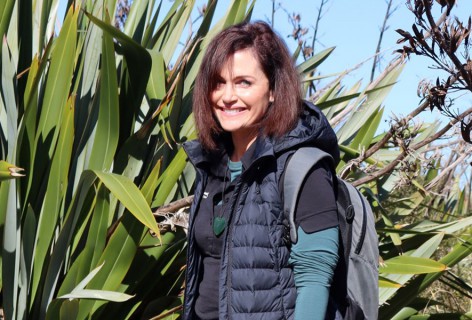Society, culture & policy
In this section
This portfolio has three high level directions - that Māori framing and partnerships drive government policy direction and implementation; that decision-makers use system approaches for natural resource management decisions; and that people are included as an integral part of management decisions.
Effective decision-making, whether public or organisational, is an important component of resource management and planning as it provides the framework for sound decision-making. This portfolio focuses on social, cultural and economic aspects of natural resource management to improve policy performance and enhance decision-making among all stakeholders. Areas of work include:
- Understanding preferences, attitudes, values and perceptions of people in relation to the environment
- Assessing information to underpin choices and decisions
- Convening and evaluating engagement processes and strategies
- Assessing policy and management scenarios related to natural resource management
- Developing of effective policy design and implementation and tracking policy performance
- Enhancing social and economic resilience of New Zealand with respect to climate change and natural disasters.
Research partners and collaborators span central and local government, primary sector, business, industry, NGOs, community, Māori organisations and a range of research institutions.
Research priorities
- Rangahau mo te kaitiaki - focuses on kaupapa Maori research across all ambitions and embedding matauranga into research practice
- Environmental preferences, attitudes and behaviours - focuses on the collection and analysis of primary data pertaining to environmental preferences, attitudes, values and behaviours of people and organisations, including the public, Maori and business.
- Policy and governance - focuses on conceptual and operational frameworks to support the design, analysis, development, and implementation of policy directions (including instruments) and governance approaches.
- Social-ecological practice - focuses on enhancing society’s willingness, ability and actions to engage sustainability with the environment.
- Resource management decisions - focuses on the decisions made by natural resource managers (landowners, regional councils, DOC, business, Maori and others) in their use of the land and water.

